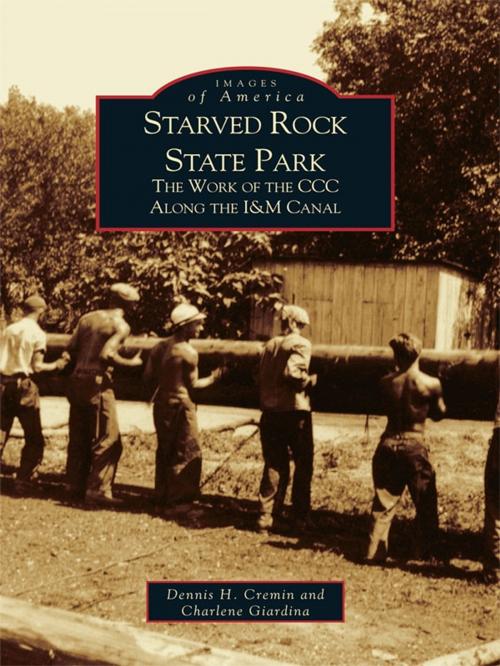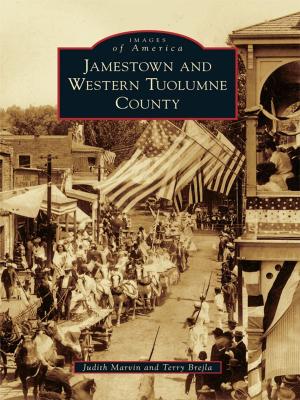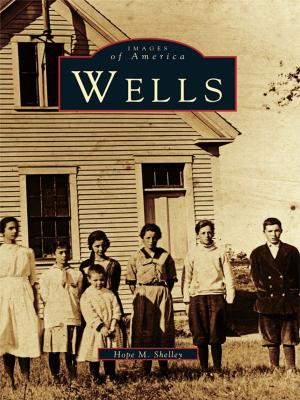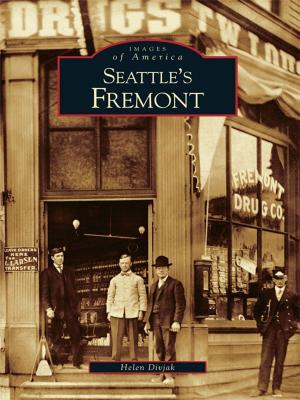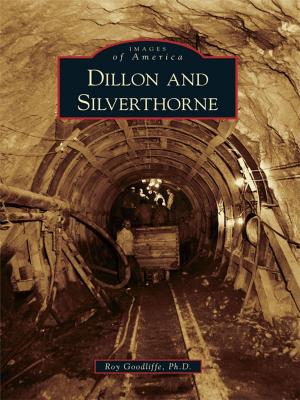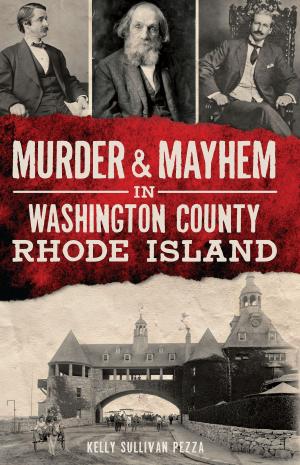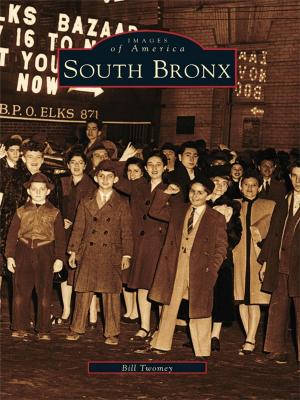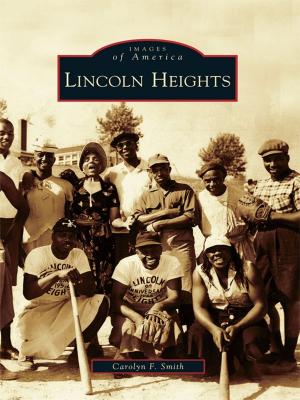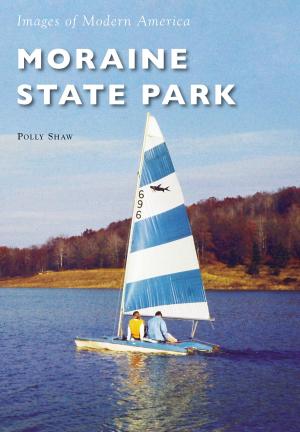Starved Rock State Park
The Work of the CCC Along the I&M Canal
Nonfiction, Travel, Lodging & Restaurant Guides, Parks & Campgrounds, Science & Nature, Nature, Environment, Environmental Conservation & Protection, United States| Author: | Dennis H. Cremin, Charlene Giardina | ISBN: | 9781439630136 |
| Publisher: | Arcadia Publishing Inc. | Publication: | July 24, 2002 |
| Imprint: | Arcadia Publishing | Language: | English |
| Author: | Dennis H. Cremin, Charlene Giardina |
| ISBN: | 9781439630136 |
| Publisher: | Arcadia Publishing Inc. |
| Publication: | July 24, 2002 |
| Imprint: | Arcadia Publishing |
| Language: | English |
Visitors to Starved Rock State Park are often struck by the grandeur of its rustic lodge. They marvel at its massive fireplace and hand-hewn logs. Yet few realize that this structure is a tangible reminder of the Civilian Conservation Corps, which in the 1930s provided work for young men left unemployed by the Great Depression. Starved Rock Lodge was one of the biggest projects of the "CCC boys" along the Illinois and Michigan Canal, but it was far from the only one. Working as a team and living in camps from Willow Springs to La Salle-Peru, they built facilities that transformed the old canal into what became the I&M Canal State Trail (1974) and the nation's first National Heritage Corridor (1984). President Franklin D. Roosevelt's nation-wide program preserved the landscape from the ravages of soil erosion, flooding, and deforestation. In the process, the young men built beautiful parks, buildings, and shelters that we use and admire today.
Visitors to Starved Rock State Park are often struck by the grandeur of its rustic lodge. They marvel at its massive fireplace and hand-hewn logs. Yet few realize that this structure is a tangible reminder of the Civilian Conservation Corps, which in the 1930s provided work for young men left unemployed by the Great Depression. Starved Rock Lodge was one of the biggest projects of the "CCC boys" along the Illinois and Michigan Canal, but it was far from the only one. Working as a team and living in camps from Willow Springs to La Salle-Peru, they built facilities that transformed the old canal into what became the I&M Canal State Trail (1974) and the nation's first National Heritage Corridor (1984). President Franklin D. Roosevelt's nation-wide program preserved the landscape from the ravages of soil erosion, flooding, and deforestation. In the process, the young men built beautiful parks, buildings, and shelters that we use and admire today.
